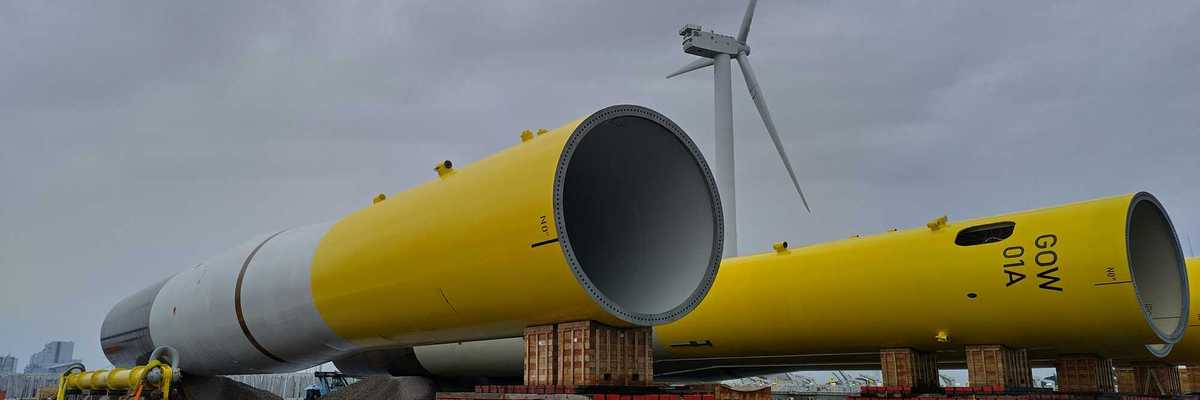canada wildfires
The Midwest braces for another summer of wildfire smoke
Canadian wildfires are again expected to send dangerous smoke into the U.S. Midwest, prompting states to refine their air quality alert systems.
In short:
- The Minnesota Pollution Control Agency (MPCA) has streamlined its alert process, significantly reducing the time needed to issue air quality warnings.
- States like Wisconsin, Michigan, and Indiana saw record levels of particulate matter pollution last summer, leading to updates in air quality monitoring and alert systems.
- Agencies are now better prepared to issue public health advisories, urging people to take precautions during high pollution days.
Key quote:
“When we see these smoke events, it’s important for the public to be informed about the health risks and [health officials] encourage people to take steps to protect themselves.”
— Paul Billings, senior vice president for Public Policy at the American Lung Association
Why this matters:
With wildfires becoming more frequent and severe due to climate change, states must adapt to protect public health from the dangerous effects of smoke pollution. Improved alert systems and public awareness can help mitigate the health risks associated with prolonged exposure to polluted air.
Be sure to see EHN’s coverage about wildfire smoke and its effects:
Canada's wildfires challenge its climate goals and oil production
Since May, more than a thousand wildfires in Canada have ravaged a region bigger than Florida, emitting more than triple the annual carbon dioxide output of the entire Canadian economy.
Suman Naishadham and Victor Caivano report for the Associated Press.
In short:
- The fires have released triple the amount of CO2 compared to Canada's annual output.
- Despite pledges for zero emissions, Canada's status as a major oil producer complicates its efforts to combat climate change.
Key quote:
“They’re portraying Canada as environmental . . . but the biggest source of the carbon is here.”
— Jean L’Hommecourt, environmental advocate
Why this matters:
Environmental damage caused by Canada's recent wildfires get at the broader global challenge of reconciling economic growth with the imperative to reduce carbon emissions for better health and environmental outcomes.
For additional perspective, read Derrick Z. Jackson's piece for EHN about how the U.S., already facing severe climate and weather disasters in 2023, is struggling to pursue effective climate action amid the normalization of, and disinformation about, global warming.
Question for the reader:
How can big fossil fuel producers like Canada transition toward cleaner energy sources while maintaining a strong economy?
AI-based tools helped produce this text, with human oversight and editing.
Map: Smoke from Canada wildfires expected to return to New York
Smoke from wildfires in Canada is expected to drift over New York and other Northeastern states on Monday, officials have warned, adding that they were anticipating slight impacts on air quality in some places.
Opinion: We thought we were saving the planet but we were planting a time bomb
Salmon die in droves as climate change burns Canada
Canada wildfires: Emissions more than double previous annual record
Canada offers lesson in the economic toll of climate change
Wildfires are hurting many industries and could strain households across Canada, one of many countries reckoning with the impact of extreme weather, writes Lydia DePillis in the New York Times.
In a nutshell:
Canada's ongoing wildfires, which have already consumed 20 million acres and blanketed cities with smoke, are wreaking havoc on the economy. The fires have disrupted oil and gas operations, reduced timber harvests, impacted the tourism industry, and put a strain on the national health system. Previously, Canada seemed better positioned to handle climate change, but increasing volatility and extreme weather events are wiping out any potential gains. Experts predict that climate-related costs will mount to 25 billion Canadian dollars in 2025, with a loss of 500,000 jobs by mid-century. The economic impact of the current fires is yet to be determined, but it is expected to have a significant negative effect on Canada's economic growth.
Key quote:
“It’s come on faster than we thought, even informed people,” said Dave Sawyer, principal economist at the Canadian Climate Institute. “You couldn’t model this out if you tried. We’ve always been concerned about this escalation of damages, but seeing it happen is so stark.”
The big picture:
The Canada wildfires not only pose a threat to the economy but also have severe health implications. The smoke generated by the fires can lead to respiratory issues and exacerbate existing conditions such as asthma. Breathing in the polluted air can cause headaches and other discomforts, prompting experts to advise people to limit their time outdoors and improve indoor air quality. The long-term consequences of exposure to wildfire smoke, such as respiratory ailments and increased costs for smoke-related illnesses, are a growing concern as these catastrophic events become more frequent.
Read more at the New York Times.









